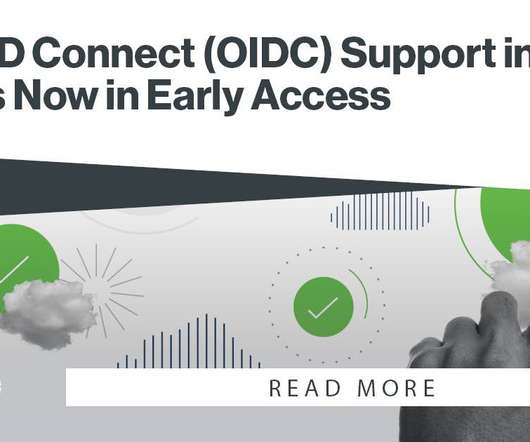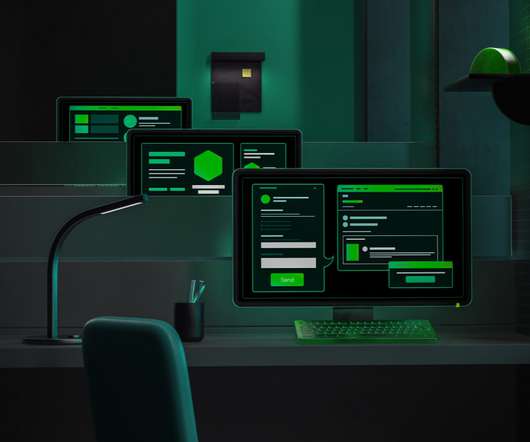MY TAKE: How consumer-grade VPNs are enabling individuals to do DIY security
The Last Watchdog
APRIL 26, 2021
I’ve written this countless times: keep your antivirus updated, click judiciously, practice good password hygiene. Then about 10 years ago, consumer-grade virtual private networks, or VPNs, came along, providing a pretty nifty little tool that any individual could use to deflect invasive online tracking. percent ten years ago.













Let's personalize your content